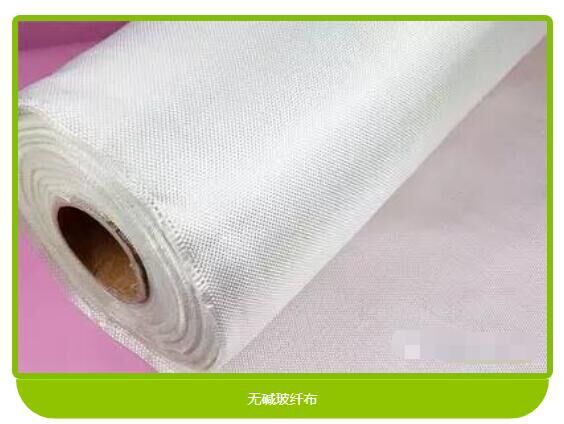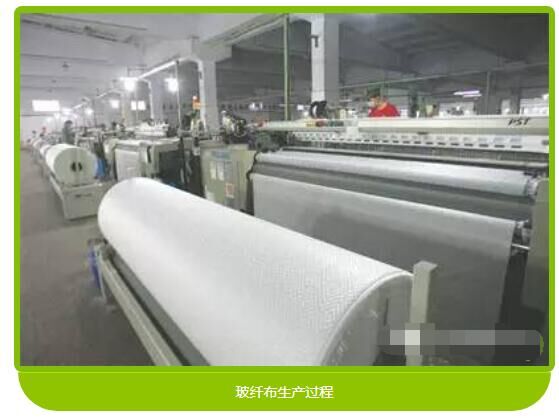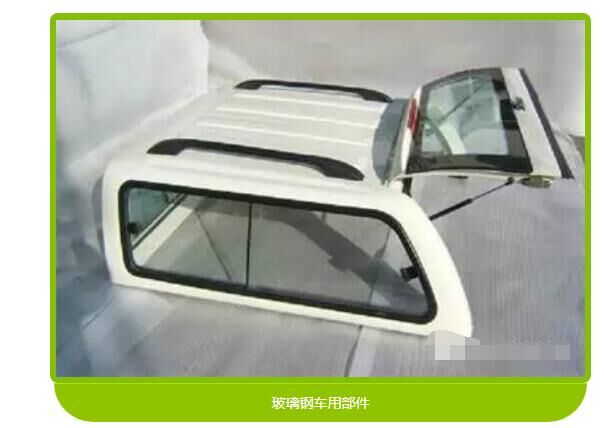Performance characteristics, uses and application prospects of glass fiber cloth
Fiberglass cloth is an important material for making fiberglass products. It is an inorganic non-metallic material with excellent performance. It has many types and many advantages. It is excellent in corrosion resistance, heat resistance and insulation properties. It is brittle and wear-resistant. The sex needs to be strengthened, but the mechanical level is high. So, what are the other commendable performance characteristics of fiberglass cloth? What are the uses of fiberglass cloth? What are the application prospects?

Alkali-free fiberglass cloth
Performance features:
1. Glass fiber cloth is used between low temperature -196℃ and high temperature 300℃, and has weather resistance.
2. Glass fiber cloth is non-adhesive and does not easily adhere to any substance.
3. Glass fiber cloth is resistant to chemical corrosion, can withstand the corrosion of strong acids, strong alkali, aqua regia and various organic solvents, and can withstand the effects of drugs.
4. Glass fiber cloth has a low friction coefficient and is the best choice for oil-free self-lubrication.
5. The light transmittance of glass fiber cloth reaches 6~13%.
6. Glass fiber cloth has high insulation performance, UV protection and anti-static properties.
7. Glass fiber cloth has high strength and good mechanical properties.
8. Glass fiber cloth is resistant to chemicals.

Fiberglass cloth production process
Purpose:
1. Glass fiber cloth is usually used as reinforcing materials in composite materials, electrical insulation materials and thermal insulation materials, circuit substrates and other fields of the national economy.
2. Glass fiber cloth is mostly used in hand lay-up molding process. Glass fiber cloth is mainly used in ship hulls, storage tanks, cooling towers, ships, vehicles, tanks, etc.
3. Glass fiber cloth is widely used in wall reinforcement, exterior wall insulation, roof waterproofing, etc. It can also be used to reinforce wall materials such as cement, plastic, asphalt, marble, mosaic, etc. It is an ideal engineering material in the construction industry.
4. Glass fiber cloth is mainly used in industry for: heat insulation, fire prevention, and flame retardant. The material absorbs a large amount of heat when burned by flames and prevents the flames from passing through and insulating air.
Hand lay-up molding process
Market prospects:
There are various types of fiberglass cloth on the market, and their prices vary depending on specifications, uses, etc., and are affected by economic differences in various places and the manufacturers of fiberglass cloth.

Fiberglass automotive parts
After more than 200 years of continuous accelerated mining, conventional fossil fuel resources such as coal, oil, and natural gas have continued to decrease. According to relevant data, the years of mining of coal, oil, and natural gas in my country are: 114 years, 20.1 years, and 49.3 years respectively. The per capita possessions are respectively It is 70%, 11%, and 4% of the world’s per capita share; therefore, our country is more urgent than most countries to seek to research new energy and renewable resources.
The industrial market prospect of electronic grade glass fiber cloth (also known as: E-grade glass fiber cloth) is very promising. E-grade glass avant-garde is combined with my country’s renewable energy industry and is a low-carbon and energy-saving project encouraged by the country.
Electronic cloth
Electronic grade glass fiber cloth has porcelain properties, high strength, high hardness, good thermal stability, water absorption rate <5%, sunlight absorption ratio 0.93, sunlight absorption ratio does not decay with time, and can have the same service life as the building. .
The electronic fabric industry has promising prospects
Through relevant national policies and calls, it can be seen that the current domestic and foreign utilization industry background is relatively good, and my country’s development of electronic grade glass fiber cloth industry policies and market demand prospects are promising, and the market potential is large. Investing in this industry faces strong market feasibility and economic feasibility. The E-class fiberglass cloth project can not only grasp the market direction, but also promote the rapid recovery and development of the low-carbon environmental protection industry and related industrial chains, and has good social benefits. and development prospects.





